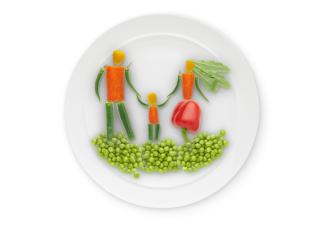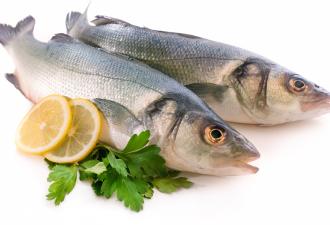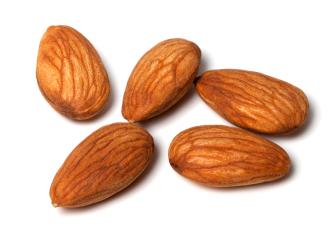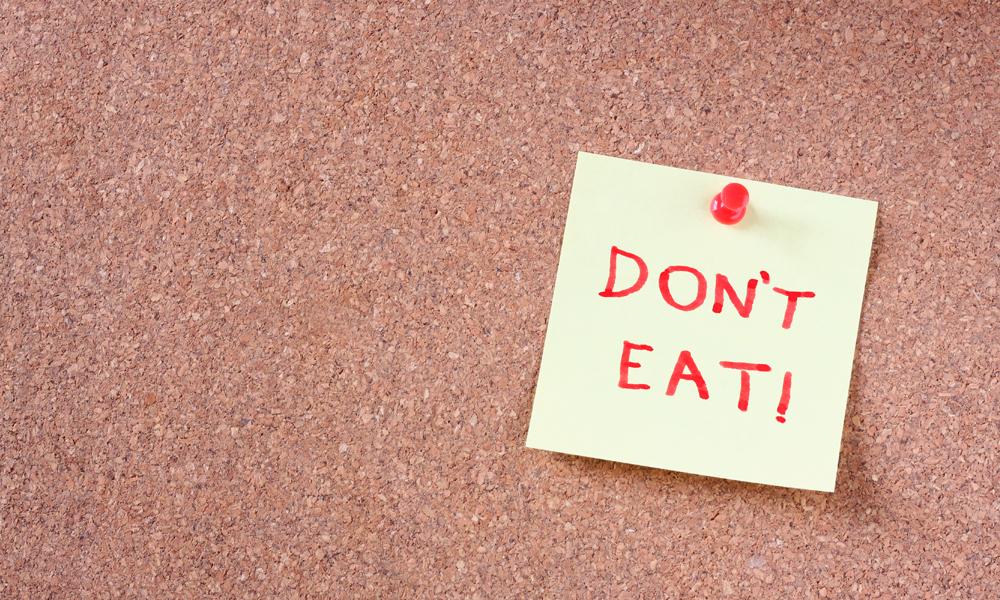
Foods to avoid
As your child grows, you certainly like it when it tries some food from your plate. You must have all had your doubts about whether your child should try something offered by the grandpa or grandma. Nevertheless, you still want to offer your child a variety of foods both for indulgence and better nutrition. But are all foods safe for children? Certainly not. Either to avoid choking hazards or the allergenic action of some foods, it is advisable to comply with the instructions you will read in this article. In this way you will manage to avoid hazards that can even threaten your baby's life or simply upset your family routine for a few days.
As the child grows, the general restrictions are reduced. After the 5th year, you should continue to give the required attention to sensitivities and allergic reactions experienced by the child in the previous years of its life. Let's see what to look out for, at every age.
12-24 months
Low fat or skim milk: Your child needs the fat and calories of whole milk for its normal development and configuration. After the 2nd year of its age, you can start offering it low fat milk, yoghurt or cheese, if there is a specific reason, such as increased weight or the need to reduce the intake of saturated fat.
Big and thick bits of food: Pea-sized bits of food are safe, since they cannot get stuck in your child's throat. Vegetables, such as carrots, green beans and similar foods, should be cut into pea size. You should do the same with fruits, like grapes, melon pieces, cherries, which should be cut into quarters before served to the child.
Small and hard foods: Almonds, nuts, popcorn, candy and even raisins or other dried fruit should be avoided since your child may choke on them.
Other tips: Do not allow your child to eat when you cannot supervise it (e.g in the car).
24-36 months
Choking hazards: At this stage, the child can eat much better. It does not want mashed food any more, while it also tries to continuously taste new foods you consume. You must still avoid the high risk foods of 12-24 months and you should try make a clear distinction between eating time and playing time. Therefore, the child will learn to chew and swallow better.
3 years and older
Choking hazards: After the 3rd year of its life, your child starts competing during meals. It tries to eat fast or more and imitate others, especially, its parents. As a result, it may not often chew its food. So, try to discourage this behaviour and avoid serving food, while watching TV or doing anything else that disrupts its attention.
Allergenic foods: Most children do not have allergic reactions after the 1st year of their lives.
Signs of allergic reactions: Initial signs of allergic reactions include vomiting, diarrhoea, increased perspiration, abdominal pain, excessive gas production, itching, rapid breathing, etc. The first symptoms appear a few hours after eating the food. In these cases, contact your paediatrician immediately. Allergic reactions are often accelerated and become particularly intense in very short time.
Advice
The nutritional information and recommendations on infant-toddler diet are indicative and refer to general guidance for this age group. Time that every child can be introduced to solid foods or add more to it’s diet, must be individualized. We recommend to set advise from your pediatrician about the specific nutritional needs of your child.
